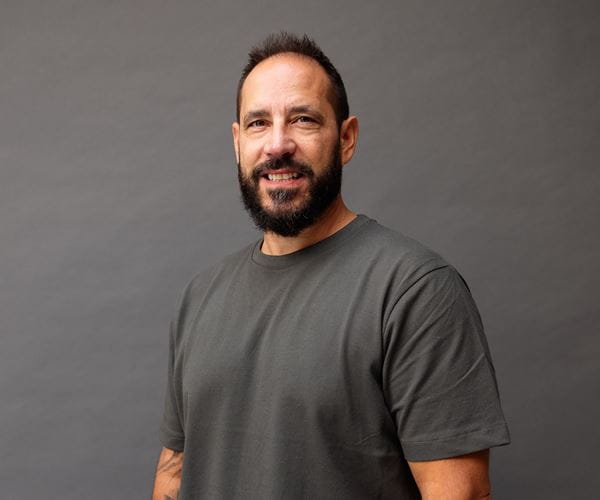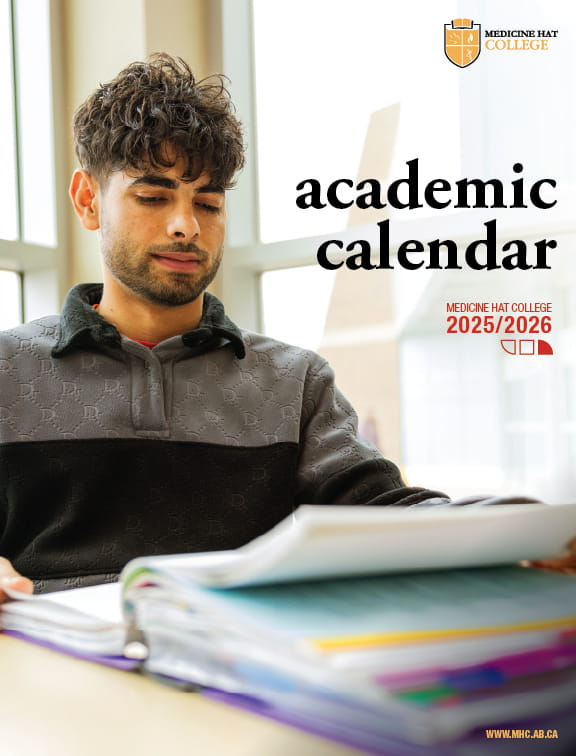Addictions Counselling
NEW FOR FALL 2025!
The journey to recovery from addiction requires the support of trained counsellors who understand neurological reward systems, the importance of community supports, and Indigenous ways of healing. The two-year Addictions Counselling Diploma program prepares learners for a career in the addiction field. This program integrates theory and practical skills in assessment, treatment, prevention, and relapse so that learners are equipped to work in counselling settings with individuals, families, groups, and communities.
Program Learning Outcomes:
- Apply addictions counselling skills and interventions that are grounded in theory, research, and best practices.
- Assess needs and resources at the individual and community level.
- Appreciate client diversity and the impact of cultural, socio-economic, political, and historical factors in counselling practice.
- Operate safely within the professional practice parameters defined by legislation and their employment agency.
- Adhere to the Canadian Addiction Counsellors Certification Federation’s Code of Ethical and Professional Conduct and Disciplinary Procedures.
- Develop healthy practices and demonstrate personal wellness and readiness for professional practice.
- Accept legal, ethical, and moral responsibility, and maintain professional accountability for their actions.
Medicine Hat College's Addictions Counselling diploma has officially been added as an approved program on the Canadian Addiction Counsellors Certification Federation (CACCF) website. Learn more about CACCF here.
Admission Requirements
- Credit in English 30-1 or 65% in English 30-2
OR
- Successful completion of the General Educational Development (GED) test with a standard score of 520 in Language Arts: Reading and Writing
Additional Requirements
Because of the nature of the program, students must be one year free from substance use disorder (in full recovery) to enroll. Additionally, students must maintain full recovery for the duration of the program.
Careers
Addictions Counselling Diploma graduates work in non-profit and private agencies, including community-based organizations, schools, addiction services, residential settings, senior care facilities, and government organizations.
Industry Credentials
Courses
Year One
Year One – Semester 1
- ADDC 110 – Introduction to Addictions
- ADDC 120 – Introduction to Counselling
- IDST 100 – Introductory Communications for Helping Professionals
- PSYC 200 – Introduction to Psychology I & Natural Science
One of:
- ENGL 123 – Fundamentals of Writing
OR - ENGL 125 - Introductory Report Writing and Speech
OR - ENGL 252 – Introductory Composition
Year One – Semester 2
- ADDC 130 – Assessment of Addiction
- ADDC 140 – Counselling Theories and Approaches
- ANTH 213 – Contemporary Indigenous Issues in Canada
- ENGL 203 – Identity and Invention: An Introduction to Literature
- SOCI 201 – Introductory Sociology
Year Two
Year Two – Semester 3
- ADDC 150 – Prevention and Relapse
- ADDC 160 – Suicide and Mental Health
- ADDC 170 – Pharmacology of Addictions
- ADDC 180 – Indigenous Ways of Healing
- PHIL 248 – Ethics in the Workplace
Year Two – Semester 4
- IDST 250 – Conflict Management and Crisis Intervention in the Helping Professions
- IDST 260 – Personal Health and Wellness
- IDST 270 – Leadership in Helping Professions
- ADDC 190 – Addictions Counselling with Families
- ADDC 195 – Addictions Counselling with Groups
Year Two – Semester 5
- ADDC 250 – Practicum
To obtain the diploma Addictions Counselling students must successfully complete a 240-hour practicum.
Graduation Requirements
All courses outlined in the calendar must be completed with an overall GPA of 2.0 or higher.
Additional Information
Students should consult Transfer Alberta for information regarding transfer credit and pathways for programs and individual courses.





